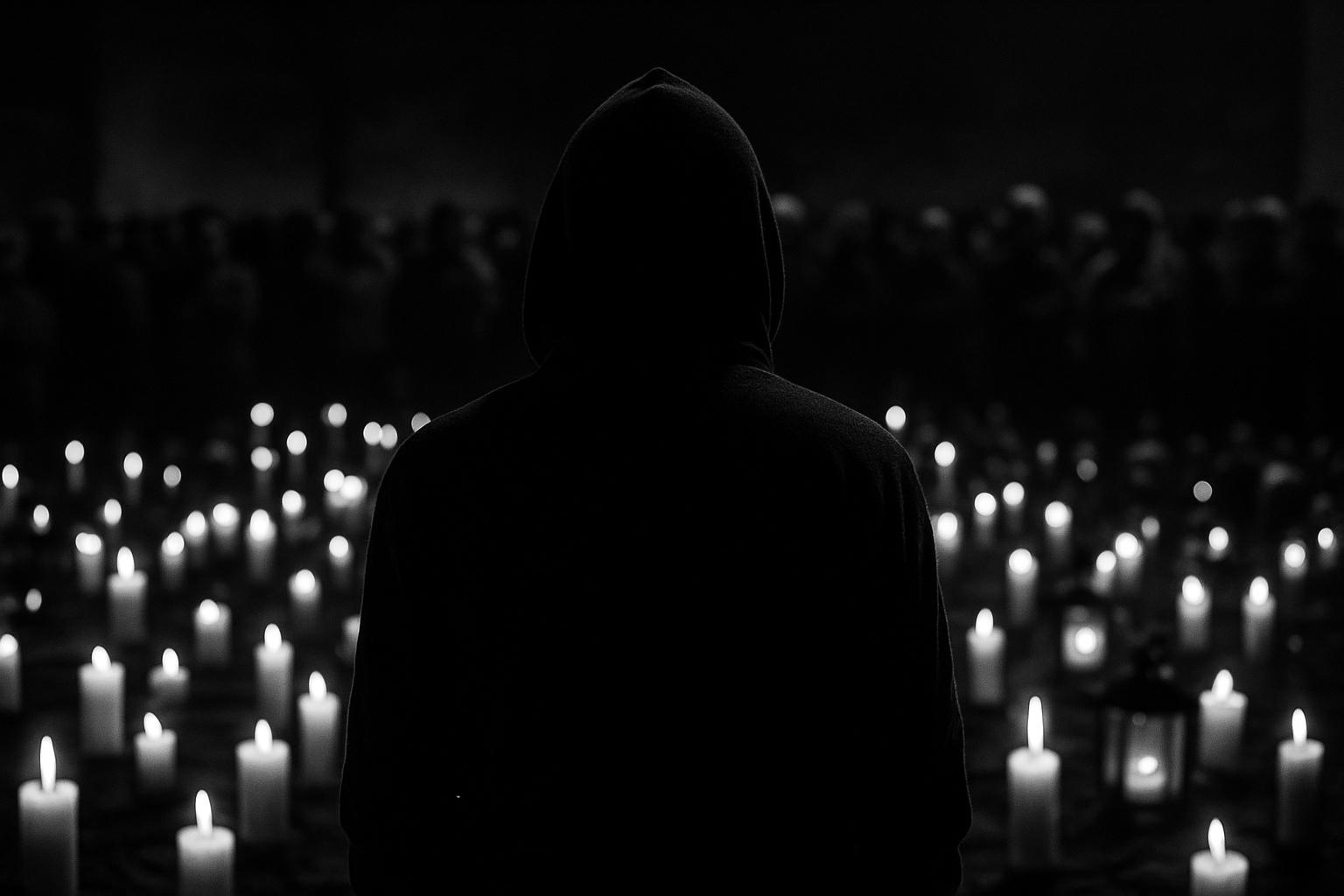Pro-Palestine students at universities across the UK are marking the second anniversary of the Gaza conflict with rallies, vigils, and events despite calls from political leaders to cancel them amid heightened sensitivities following the October 7 Hamas attacks on Israel. The demonstrations, organised by student groups from institutions including King's College London, the London School of Economics, University College London, and SOAS, seek to remember Palestinian victims and advocate for university divestment from Israel. Events range from class walkouts and debates to film screenings and fundraising activities in cities such as London, Sheffield, Glasgow, Edinburgh, Leeds, Liverpool, and Birmingham.
These protests come amid a broader backdrop of tension and controversy. The University of Manchester has faced criticism from pro-Palestinian activists over its partnerships with Israeli institutions, reflecting wider debates about academic collaboration and political activism on campuses. University officials across the UK are reportedly monitoring the demonstrations closely due to concerns around potential disruptions and the need to maintain safety and order.
Jewish student organisations, including the Union of Jewish Students, have voiced apprehension about the timing of these events, stressing the importance of allowing Jewish students to mourn their losses and the risk that some protests could inadvertently glorify terrorism or incite hatred. This has ignited discussions on striking a balance between free speech and preventing hate speech or violence in academic settings, illustrating the complex challenge universities face in navigating politically charged anniversaries that resonate deeply within their communities.
The anniversary also coincides with an increased risk of civil unrest and potential security threats in Western Europe, including the UK. Authorities anticipate that demonstrators may target high-profile locations such as Israeli diplomatic offices, government buildings, and companies perceived as supporting military actions in the region. Tactics like blockades of major thoroughfares have been observed in previous demonstrations, prompting travel and safety advisories urging the public to avoid areas of expected unrest. These heightened security concerns highlight the global reverberations of the October 7 anniversary and the ongoing Israeli-Palestinian conflict.
Internationally, the anniversary is a solemn reminder of the devastating consequences of the attacks and subsequent conflict escalation. One year on, nearly 1,200 Israelis were killed and around 250 people abducted by Hamas militants during the October 7 assault. In retaliation, Israel launched a significant military campaign in Gaza, resulting in widespread destruction and a Palestinian death toll reportedly exceeding 41,000. The anniversary has renewed calls from global leaders for serious diplomatic engagement, efforts toward a sustainable two-state solution, and increased humanitarian support to alleviate the crisis.
In the United States, high-profile statements have echoed the gravity of the situation. House Committee on Homeland Security Chairman Mark E. Green, MD, commemorated those lost in the Hamas attacks, condemned the atrocities, and underscored the persistent threat posed by Iran and its allies. He emphasised the importance of unwavering support for Israel and the urgent need to secure the release of hostages still held by Hamas. Such statements reinforce the international dimension of the conflict and the enduring geopolitical ramifications.
As students in the UK participate in these protests and commemorations, the events underscore the deep divisions and emotional stakes surrounding the Israeli-Palestinian conflict. Universities remain at the frontline of these debates, challenged to facilitate free expression while preventing polarisation and ensuring the safety and dignity of all students. The anniversary not only memorialises a tragic chapter but also highlights the ongoing struggle to find peace and justice in a conflict that continues to profoundly affect millions.
📌 Reference Map:
- Paragraph 1 – [1], [2], [3]
- Paragraph 2 – [2]
- Paragraph 3 – [3]
- Paragraph 4 – [4]
- Paragraph 5 – [6]
- Paragraph 6 – [5]
- Paragraph 7 – [1], [2], [3]
Source: Noah Wire Services
